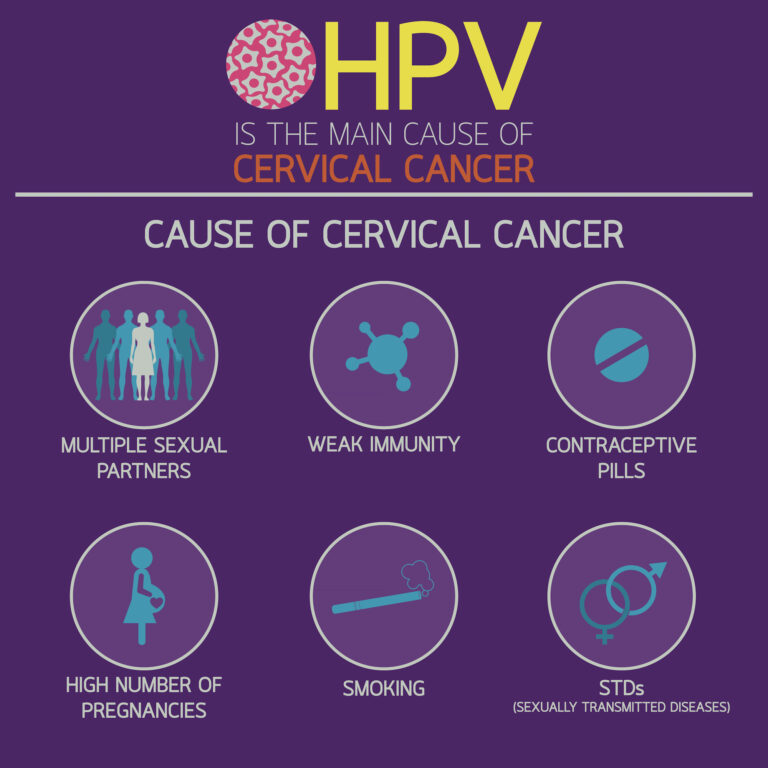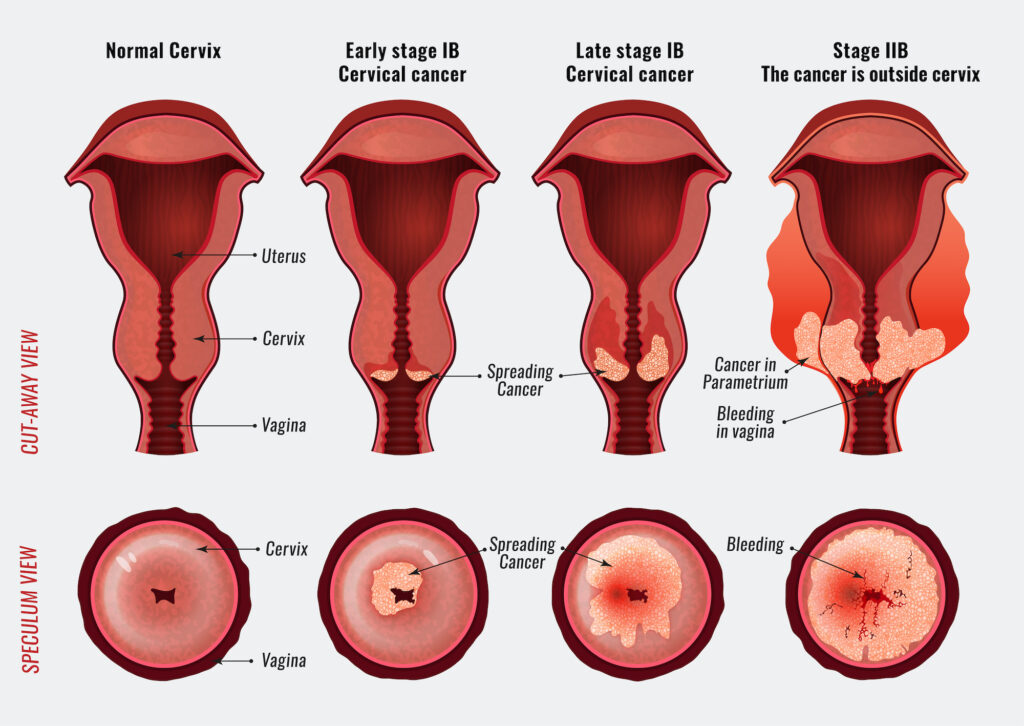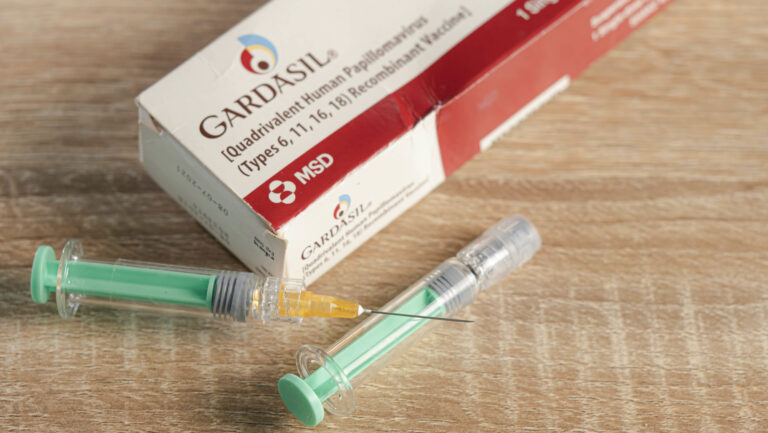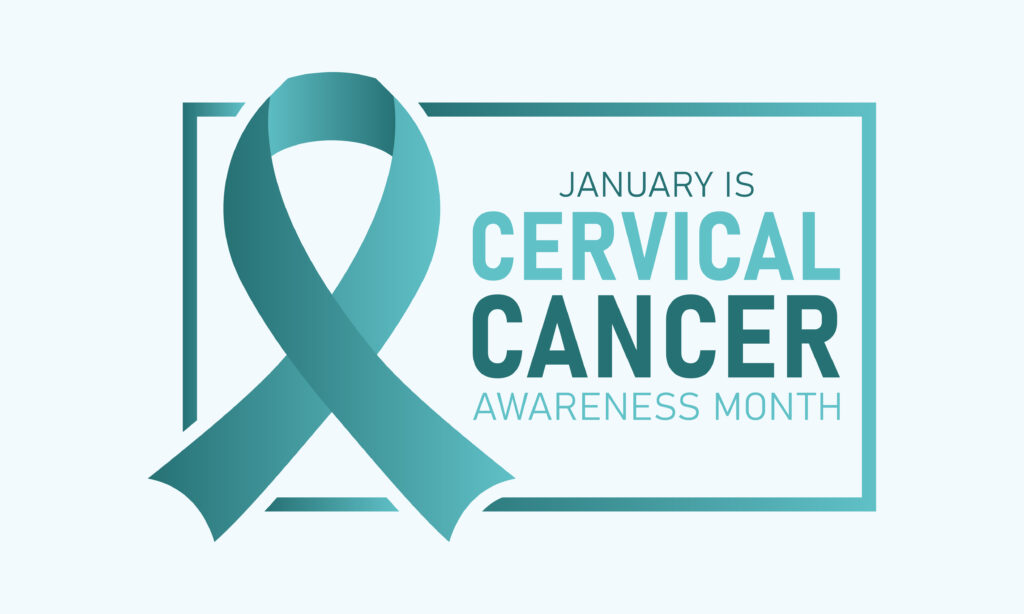Understanding HPV and Cervical Cancer
Cervical cancer is primarily caused by certain strains of the Human Papillomavirus (HPV), with types 16 and 18 responsible for 70% of cases. HPV is a common sexually transmitted infection, often asymptomatic, making regular screenings crucial for early detection.
Risk Factors for Cervical Cancer
Several factors increase the risk of developing cervical cancer, including:
- Persistent HPV infection.
- Smoking.
- Long-term use of oral contraceptives.
- Weakened immune system.
- Multiple sexual partners.
- Being aware of these factors can guide individuals in making informed health decisions.


Screening: Pap Smear and HPV Testing
Regular screening is key in detecting cervical cancer in its early stages. Pap smears are recommended for women starting at age 21, with HPV testing added for those over 30. The image to the left visually demonstrates the differences between a healthy cervix and one affected by cancerous changes. This is why it is so important to educate and encourage women to participate in regular screenings because these tests help identify precancerous changes in the cervix, allowing for early detection or timely intervention.
The Gardasil Vaccine: A Game-Changer in Prevention
The Gardasil vaccine represents a significant breakthrough in cancer prevention. It protects against the HPV strains most commonly associated with cervical cancer, including HPV 16 and 18. The CDC recommends the Gardasil vaccine for both boys and girls, ideally administered at ages 11 or 12, though it can be given up to age 26. The vaccine not only reduces the risk of cervical cancer but also other HPV-related cancers.



